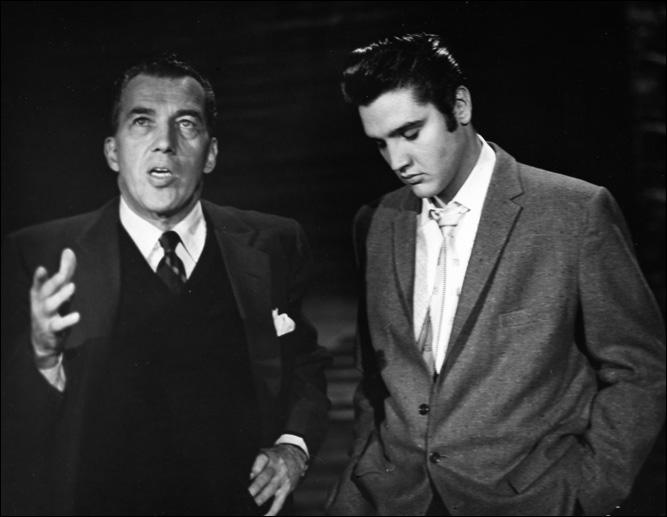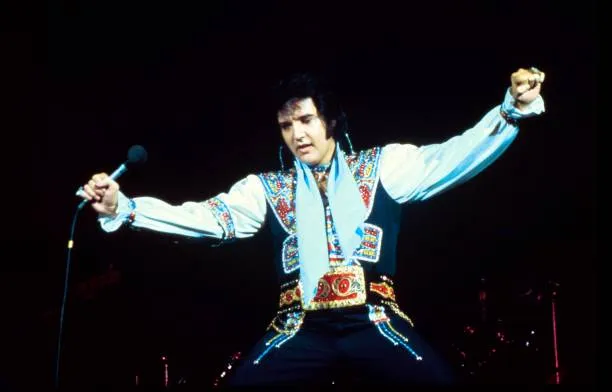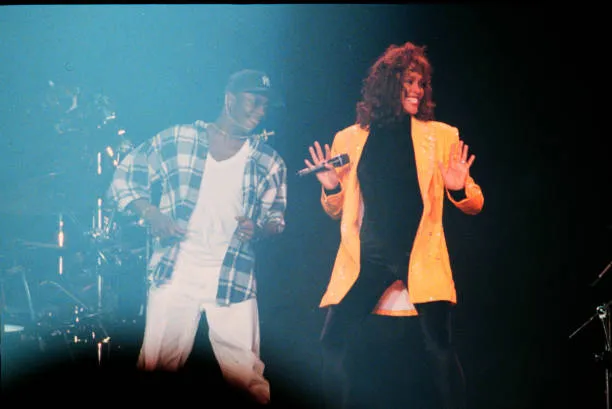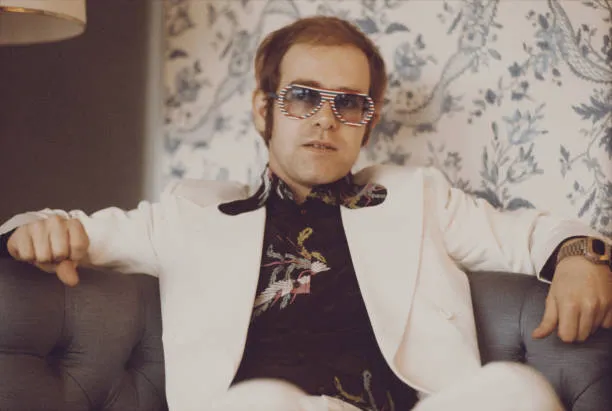Elvis Presley, the King of Rock and Roll, is often remembered for his groundbreaking music, charismatic stage presence, and undeniable influence on popular culture. However, Elvis's rise to fame was not without controversy. Among the lesser-known but fascinating facts about Elvis Presley is the fact that he was once burned in effigy—a symbolic act that revealed the deep cultural divide and fear his revolutionary style of music sparked during the 1950s.
This incident sheds light on the intense reactions Elvis provoked as he broke away from traditional norms, forever altering the music landscape. Understanding this episode in Elvis’s life provides a broader perspective on the challenges he faced as he transformed from a young musician with a dream into an icon who redefined American music and culture.
The Early Days of Elvis Presley

Born in Tupelo, Mississippi, on January 8, 1935, Elvis grew up in a modest household. He was deeply influenced by the gospel music he heard in church and the rhythm and blues he encountered in Memphis, Tennessee, where his family moved when he was 13.
Elvis's music was a fusion of these influences, combining the soulful sounds of African American music with the country and gospel traditions of the South. This unique blend created something entirely new—a sound that resonated with a generation of young people seeking to break free from the conservative values of the post-war era.
In 1954, Elvis recorded his first single, "That's All Right," at Sun Records in Memphis. The song received immediate attention, and Elvis's career quickly gained momentum. By 1956, he had released a series of hits, including "Heartbreak Hotel" and "Hound Dog," which topped the charts and established him as a national sensation.
Elvis's Music and Its Impact on Society
Elvis Presley’s music was more than just entertainment; it was a catalyst for cultural change. His fusion of rhythm and blues with country, his provocative dance moves, and his rebellious image challenged the status quo. For the first time, young Americans had a voice and an icon who represented their desires, frustrations, and aspirations.
However, not everyone was ready to embrace this new cultural shift. The older generation, who had grown up in a more conservative and segregated society, saw Elvis's music as a threat to the moral fabric of America. To them, his music was not just a departure from the norm; it was dangerous, promoting ideas and behaviors that they believed would corrupt the youth.
This cultural clash came to a head when Elvis's performances began to attract not just adoration, but also harsh criticism. His gyrating hips, dubbed "Elvis the Pelvis," and his raw energy on stage were seen as vulgar and indecent by many, particularly in the conservative Southern states. Critics accused Elvis of promoting juvenile delinquency and undermining the moral standards of the time.
The Effigy Burning Incident

The most dramatic response to Elvis Presley’s rise came in 1956, during a tour of the Southern United States. As Elvis’s popularity soared, so did the backlash against him. In September of that year, Elvis performed at the Mississippi-Alabama Fair and Dairy Show in Tupelo, his hometown. The performance drew an enormous crowd, but not everyone was there to celebrate his success.
In some Southern towns, local authorities and community leaders went to extreme lengths to express their disapproval of Elvis’s music and influence. The most infamous of these incidents occurred in a small Southern town where residents were so outraged by Elvis's performance and the impact they believed it would have on their youth that they burned him in effigy.
The effigy burning was a symbolic act of protest, reflecting the deep-seated fears that Elvis represented a cultural upheaval that could lead to the erosion of traditional values. The image of Elvis being burned in effigy captured the intense emotions that his music and persona evoked. It was a public declaration that Elvis Presley was seen as a dangerous influence, one that needed to be stamped out to protect the community.
This act of burning an effigy was not just about rejecting Elvis’s music; it was about resisting the changes in American society that he symbolized. For many, Elvis was a harbinger of a new, more permissive culture that blurred racial lines, challenged authority, and embraced individuality. The effigy burning was a desperate attempt to hold on to a way of life that was rapidly changing.
The Aftermath and Elvis's Response

The effigy burning did not deter Elvis Presley or diminish his popularity. If anything, it only added to his mystique and cemented his role as a rebel who defied societal norms. Elvis himself was aware of the controversy he sparked, but he remained unapologetic about his music and performances.
In response to the criticism, Elvis famously said, "I don't do no vulgar movements." He consistently downplayed the negative attention, focusing instead on his fans and the music that connected him with millions of people around the world. Elvis understood that his music was not just about entertainment; it was about expression, freedom, and breaking barriers.
The backlash against Elvis, including the effigy burning, also highlighted the racial tensions of the time. Elvis was heavily influenced by African American music, and his success brought this music to a broader, predominantly white audience. Some critics accused Elvis of "stealing" black music, while others feared that his popularity would lead to greater integration between black and white communities. The effigy burning was, in part, a reaction to these underlying racial anxieties.
The Legacy of the Effigy Burning Incident

Today, the story of Elvis Presley being burned in effigy is a reminder of the profound impact he had on American culture. It serves as a symbol of the cultural and generational clashes that defined the 1950s, as well as the fear and resistance that often accompany significant social change.
Elvis's music and persona challenged the rigid norms of the time, paving the way for greater artistic freedom and cultural diversity. The effigy burning incident, while shocking, ultimately underscored the power of Elvis's music to provoke thought, inspire change, and bring people together.
In the decades since Elvis’s rise to fame, his influence has only grown. He remains a cultural icon, not just for his music but for what he represented—a break from tradition, a celebration of individuality, and a bridge between different musical genres and cultural influences. The fact that Elvis was burned in effigy is just one of the many fascinating facts about Elvis Presley that illustrate the depth of his impact on American society.
The burning of Elvis Presley in effigy is a powerful reminder of the resistance he faced as he revolutionized music and culture. It highlights the fear and uncertainty that accompanied the rapid changes of the 1950s, as well as the enduring power of Elvis's music to challenge, inspire, and connect people across generations. Despite the controversy, Elvis Presley emerged not only as a musical legend but also as a symbol of cultural transformation—one that continues to resonate with audiences around the world.




